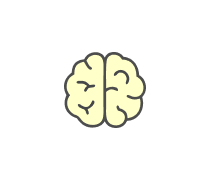Neuro Quiz
23 Questions
| Attempts: 570
2.
What first name or nickname would you like us to use?
×
Thank you for your feedback!

















